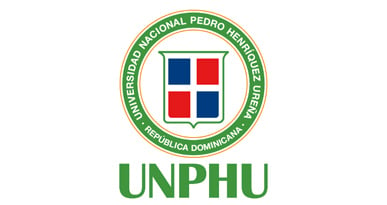Mostrar el registro sencillo del ítem
Soil fertility evaluation of coffee (Coffea spp.) production systems and management recommendations for the Barahona province, Dominican Republic.
| dc.contributor.author | Núñez, P.A. | |
| dc.contributor.author | Pimentel, A. | |
| dc.contributor.author | Almonte, I. | |
| dc.contributor.author | Sotomayor-Ramírez, D. | |
| dc.contributor.author | Martínez, N. | |
| dc.contributor.author | Pérez, A. | |
| dc.contributor.author | Céspedes, C.M. | |
| dc.date.accessioned | 2020-06-12T22:59:23Z | |
| dc.date.available | 2020-06-12T22:59:23Z | |
| dc.date.issued | 2011 | |
| dc.identifier.citation | Núñez PA, Pimentel A, Almonte I, Sotomayor Ramírez D, Martínez N, Pérez A. Soil fertility evaluation of coffee (coffea spp.) production systems and management recommendations for the Barahona province, Dominican Republic. J. Soil Sci. Plant Nutr. 2011; 11 (1): 127 - 140 | en_US |
| dc.identifier.uri | https://repositorio.unphu.edu.do/handle/123456789/2643 | |
| dc.description.abstract | Reported yields in most coffee farms of the Barahona province in the Dominican Republic are relatively low (< 290 kg ha-1 parchment coffee). In general, coffee producers do not use diagnostic techniques such as soil testing. This fact prevents them from identifying the limiting factors (especially nutrients), complicates the work of coffee cultural management practices, and potentially reduces productivity and coffee quality. This study was designed to diagnose the fertility level of soils in coffee farms in the area of Barahona in 96 farms within an area of 637 hectares and design a nutrient management strategy. Soils from each farm were sampled and analyzed for soil fertility parameters. A survey was provided to farmers that permitted the collection of information regarding yields, management practices, and landscape features. Soils in the area were predominantly clayey. Soil pH varied between 4.61 and 7.69 and soil organic matter ranged between 3.29 and 10.9%. Exchangeable potassium levels were classified as deficient in all areas. The clustering of results identified two main components, which accounted for 76% of the variability of the data and the grouping into five communities by similarity of features. The results show that soil testing of this coffee coffee-growing region can be used as a tool to diagnose the soil fertility status and guide them in implementing management and fertilization recommendations. | en_US |
| dc.language.iso | es | en_US |
| dc.rights | Attribution-NonCommercial-NoDerivs 3.0 United States | * |
| dc.rights.uri | http://creativecommons.org/licenses/by-nc-nd/3.0/us/ | * |
| dc.subject | Café | en_US |
| dc.subject | Industria del Café | en_US |
| dc.subject | República Dominicana | en_US |
| dc.subject | Barahona, República Dominicana | en_US |
| dc.title | Soil fertility evaluation of coffee (Coffea spp.) production systems and management recommendations for the Barahona province, Dominican Republic. | en_US |
| dc.type | Article | en_US |



